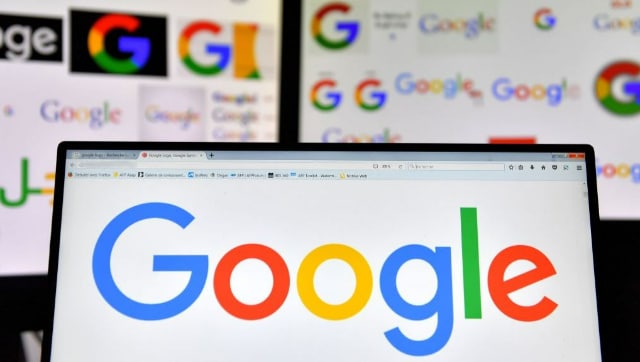FP ExplainersOct 12, 2022 11:49:15 IST
Legislators have typically debated whether social media platforms and research end result aggregators need to be held responsible for objectionable content material that users post, which then gets suggested to diverse customers by an algorithm, dependent on the user’s desire.
The Supreme Courtroom of the United States of The united states is now likely to think about a case from Google, which may perhaps settle the discussion and probably change the net for good.

If Google loses the case, social media platforms will shed the protection of a statute that has secured them from most of the lawsuits they have confronted. Graphic Credit: Pexels
Gonzalez v. Google – What is the situation?
The Supreme Court of the US is likely to pay attention to the case of Gonzalez v. Google. The case was submitted by the dad and mom of Nohemi Gonzalez, who was killed in the 2015 ISIS assault in Paris.
Gonzalez’s family members is suing Google, saying that YouTube, which is owned by Google, violated the Anti-Terrorism Act when its algorithm advisable ISIS films to other people. The grievance states that YouTube not only hosts video clips that are employed by ISIS to recruit terrorists but also endorses these video clips to consumers, in its place of taking them down as for every their written content moderation procedures.
A difficult problem
Google and quite a few social media companies have been sued for the written content that they host on their platforms previously as very well. On the other hand, they have sought safety below Segment 230 of the Communications Decency Act, which states no computer system assistance supplier “shall be treated as the publisher or speaker of any information” printed by one more written content supplier, indicating its consumers.
Area 230 was integrated because of a case from 1959, which held a bookstore owner liable for carrying a book that was unlawful as nicely as ostracised on the grounds of currently being lewd. The e-book in issue is a book identified as Sweeter Than Lifetime, an erotic novel. The operator of the bookstore was supplied a 30-day jail expression for possession of the e-book. On the other hand, a civil liberties lawyer took his scenario all the way up to the Supreme Courtroom, which held that the punishment violated the First Modification.
Google and other social media platforms in a number of conditions have argued that they are like the bookstore that carried the reserve, not the publisher who printed the ebook. The grievance by the Gonzalez spouse and children preempts this declare by stating that not only are YouTube and Google hosting these films on their platforms, but they are also main consumers on their platforms to such videos by recommending them to these movies.
The arguments that the US Supreme Court will hear in Gonzalez v. Google
Reynaldo Gonzalez, who brought the scenario, argues any platform’s legal liability should really be minimal to conventional editorial features this sort of as irrespective of whether to publish, withdraw, or change the material. Recommending articles nonetheless is not a component of traditional editorial features. Google, on the other hand, argues its suggestions are protected underneath Portion 230 of the Communications Decency Act.
Google argues that if the courtroom procedures that YouTube suggestions simply cannot be shielded from lawful liability, portion 230 would be a useless letter. They also argued that the Courtroom need to not flippantly undertake a looking at of Area 230 “that would threaten the simple organizational conclusions of the modern-day net.”
District and appeals courts both sided with Google in this individual case. Nonetheless, other appeals courts have dominated in favour of tech organizations becoming held liable for suggestions.
What occurs if Google loses Gonzalez v. Google?
In scenario Google wins the situation, nothing modifications. Nevertheless, if Google loses the case the ramifications may well be enormous.
Google, YouTube and numerous social media platforms have usually cited Area 230 and its fundamentals in lawsuits where they have been pulled up for information that they host. It has also permitted them to coyly point out that the algorithm pushes certain forms of content and that the algorithm has no bias, and largely considers what people today are partaking with. If Google loses the scenario, social media platforms will no for a longer period be ready to cite Area 230. What’s more, they will be held liable for not only the material they host but also for the content their algorithms advocate.
This is likely to be followed by a floodgate of lawsuits, not only from Google, but towards Twitter, Meta and quite a few other digital platforms. Even if the tech platforms attempt and settle each and every and each scenario that is filed towards them, the whole payout will be massive.
In all chance, not only will this power tech platforms this kind of as Instagram, YouTube and Facebook to alter how their algorithms suggest material, there is a very superior opportunity that we may see suggestions entirely. Moreover, there will be sizeable adjustments to Search engine optimisation procedures as nicely.

